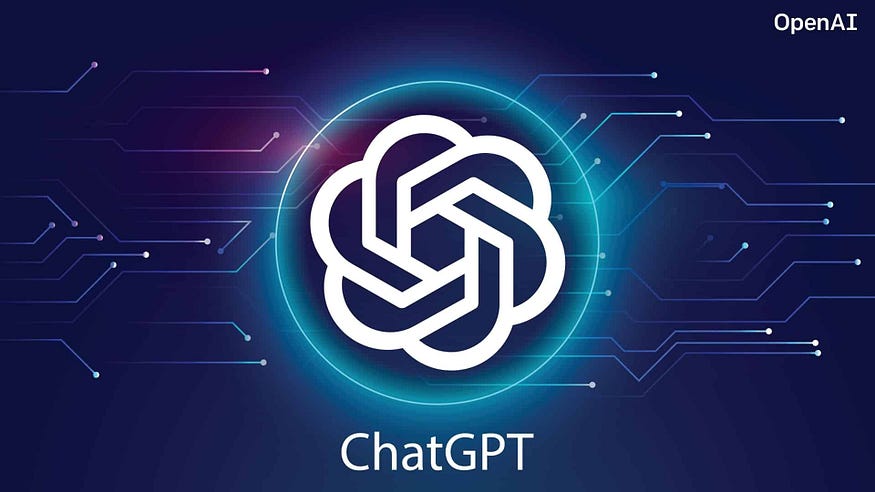In the realm of software development, seamless integration between tools can significantly enhance productivity and project management. One such integration is between GitHub and Jira — a combination that streamlines development processes and improves tracking across teams. This guide will walk you through the steps to connect GitHub with Jira, enabling enhanced development tracking and project visibility.
The Value of Integrating GitHub with Jira
Integrating GitHub with Jira can offer numerous advantages:
- Streamlined Workflow: Connect commits, pull requests, and branches in GitHub with Jira issues, creating a unified workflow that links development activities directly with project management tasks.
- Enhanced Visibility: Gain real-time insights into code changes and their impact on project tasks, fostering greater transparency and communication among team members.
- Automated Tracking: Synchronize updates between GitHub and Jira to keep issue statuses current without manual intervention, reducing administrative overhead.
Prerequisites
To successfully integrate GitHub with Jira, ensure you have the following:
- Administrator Access: Administrative privileges on both your GitHub and Jira accounts.
- GitHub Repository: The repository you wish to link with Jira.
- Jira Project: The project where you want to track GitHub activities.
Step-by-Step Integration Process
1. Install the GitHub for Jira App
- Log in to Jira: Access your Jira instance and navigate to the Jira Marketplace.
- Search and Install: Look for the “GitHub for Jira” app, select it, and click Install. Follow the on-screen instructions to complete the installation.
2. Configure the GitHub Integration
- Open Integration Settings: In Jira, go to Jira Settings > Apps > GitHub.
- Connect Your GitHub Account: Click Connect GitHub account and authenticate using your GitHub credentials. Grant Jira the necessary permissions to access your repositories.
- Select Repositories: Choose the GitHub repositories you wish to integrate. You can select multiple repositories based on your needs.
3. Set Up GitHub Webhooks
- Navigate to Your Repository: Go to the GitHub repository you’re linking with Jira.
- Configure Webhooks: Click on Settings > Webhooks > Add webhook.
- Enter Webhook Information:
- Payload URL: Input the URL provided by Jira for the webhook.
- Content Type: Select
application/json. - Events: Choose the events to send to Jira, such as push events or pull requests.
4. Save the Webhook: Click Add webhook to finalize the setup.
4. Link Jira Issues to GitHub Commits
- Incorporate Issue Keys: Include Jira issue keys in your GitHub commit messages (e.g.,
PROJ-123 Implemented user authentication). - Verify Integration: Check Jira to ensure that commits are automatically linked to the corresponding issues, with commit details visible in the Jira issue view.
Explore more detailed content and step-by-step guides on our YouTube channel:-
Conclusion
Integrating GitHub with Jira not only enhances tracking but also improves overall project management efficiency. By following these steps, you can ensure a cohesive development environment where code changes and project tasks are closely aligned. This integration fosters better communication, transparency, and streamlined workflows, ultimately leading to more successful project outcomes.
For further guidance or support, consult the documentation provided by GitHub and Jira, or reach out to their support teams.
Connect with Me:
- YouTube ► S3 CloudHub Channel
- Facebook ► S3 CloudHub Page
- Medium ► S3 CloudHub Blog
- Demo Reference ► GitHub Repository
- Blog ► S3 CloudHub Blogspot
- Dev ► S3 CloudHub on Dev.to


No comments:
Post a Comment